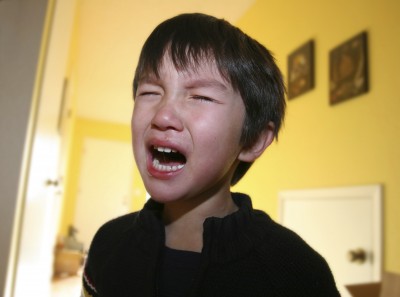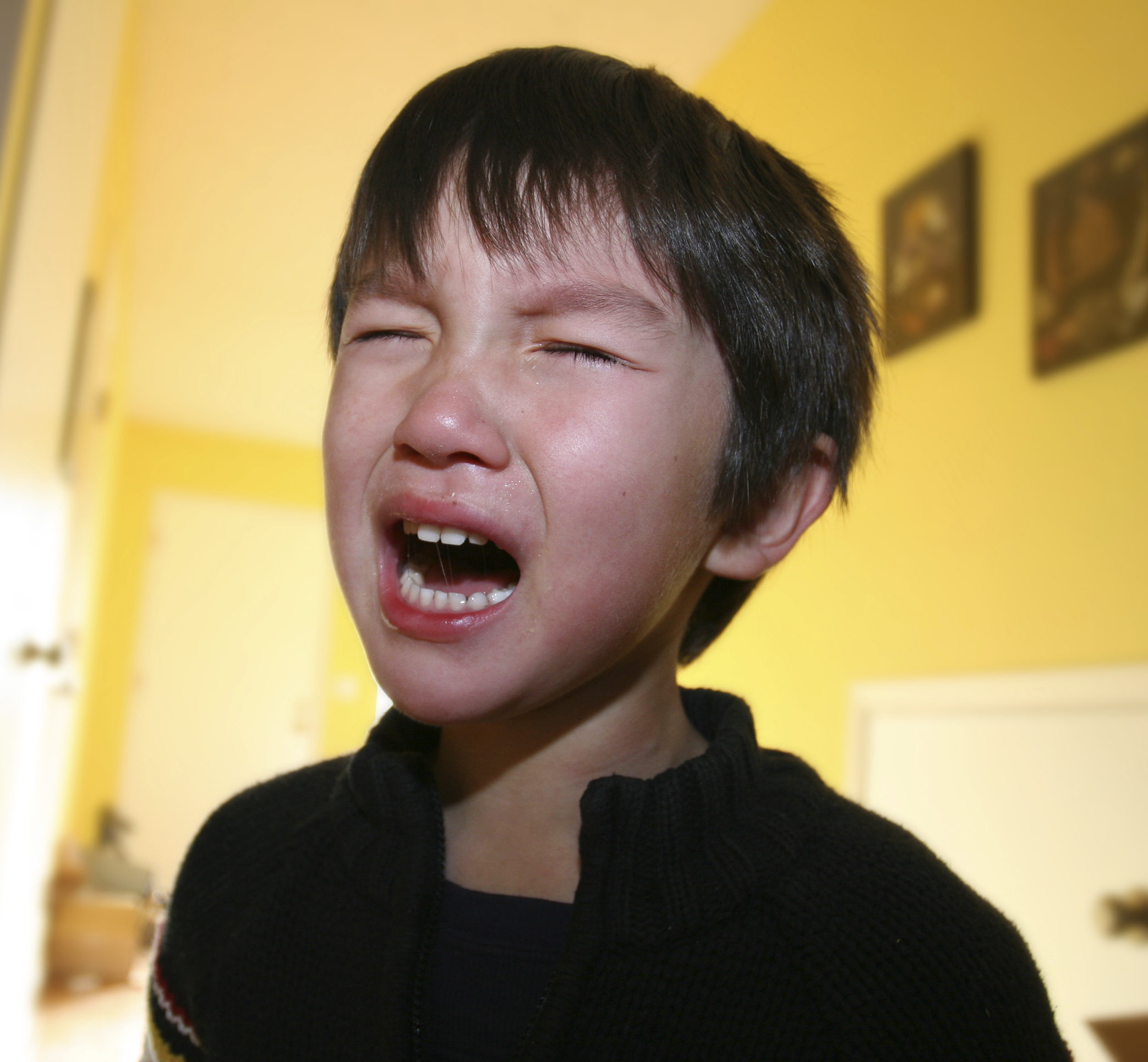We all know that toddlers and preschoolers have BIG emotions! We don’t want to squash those emotions; rather, we want to help our children learn that they can be in control of their feelings, instead of letting their feelings rule them. This important skill is called emotional self-regulation. It is one of the most important skills learned in early childhood, and for those who don’t learn this skill in early childhood, it can cause ongoing issues in school, in their friendships, and their overall levels of happiness. This last is because, as Dr. Burton White shares, happy children are NOT those who don’t experience unhappiness; happy children are those who have learned how to recover from disappointment.
Long term, children learn to manage their disappointment best when they have lots of consistency in their lives: regular schedules, enough sleep, and when an adult’s “No” always means “No.” When your answer always stands, then children can feel that stab of disappointment, and move on.
In the shorter term, of course children will still get upset. And indeed, they must: how can they learn to recover from disappointment if we never let them get upset? Once the overwhelming negative feelings hit, how can we support them in learning how to get out of that pit of unhappiness? There are two steps to recovering: first, help them lower their level of arousal. Second, help them choose to focus on something else.

Help them Lower their Level of Arousal
For big upsets:
Start with true compassion. Offer physical touch and snuggles if it’s helpful. Radiate the calm you wish to see in your child. Use loving words until they can hear you again, or simply provide compassionate space for a child to be upset for a bit. Once their level of arousal starts to decline a bit, help them move on:
For medium upsets:
First, get them moving: anything that gets the blood flowing can help children lower their arousal level and find something else to focus on. Get a drink of water, step outside or look out the window, or go get a special “something” that comes out only when a child is upset: a healing crystal, a boo-boo bear, a special blanket.
Help them regulate their breathing: smell some essential oils, sniff a flower or a pinecone, or do yoga breaths together. The act of drinking also helps children regulate their breathing, so getting a drink of water (or something special) can be a great tool in getting children moving AND regulating their breathing.
Avoid labeling their emotions, as this most often feels like judging rather than compassion. Instead of focusing on how they’re feeling (bad), focus on their passion (what they love about the thing they wanted). So instead of “You’re sad that you can’t have the truck,” where the focus is on being sad, and not having the truck, try “You LOVE trucks! You play with them all the time. We saw one on the way to the park, didn’t we?” Say yes in imagination, making the YES even bigger and more magical: “I wish there were a truck for EVERY kid right now. And that they could drive around on their own, and you could all ride them! And maybe the trucks could fly! Where would you fly your truck to? I’d fly mine to the dump!”
Help them take a step back from their emotions (let a doll or toy be upset; tell a story about an upset from your childhood)
Help them Choose to Focus on Something Else
Ask “What can we do instead?” If they can’t think of anything, provide them something fun/connecting to focus on. Use the elements of S.M.I.L.E. (singing, movement, imagination, love, exaggeration). Tell a story, swing them around, sing a silly song, have a snuggle. Avoid offering poor second choices; these rarely feel satisfying.
At first, you will provide 100% of the “fun” for them to focus on. Gradually, start asking the child to come up with ideas for fun, and then to create their own fun. “What can you do instead?” Remember, attentional regulation (choosing what to focus on) is the key to emotional regulation (recovering from disappointment).
Warmly, ~Faith Collins

 A Playful Way to Teach Kids to Control their Anger
A Playful Way to Teach Kids to Control their Anger